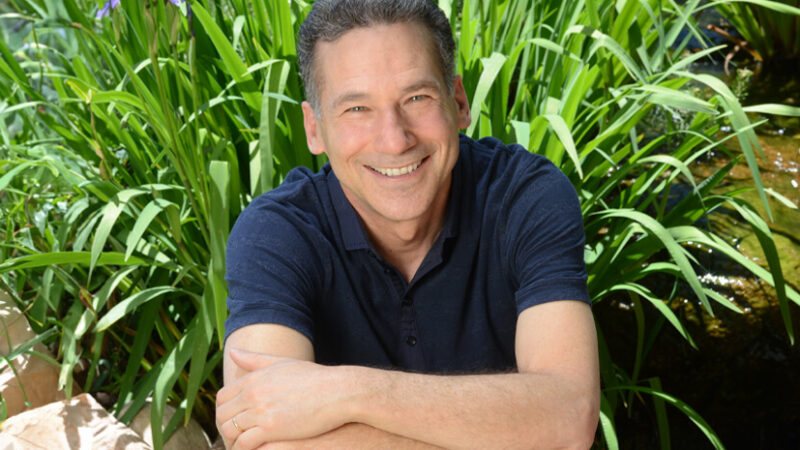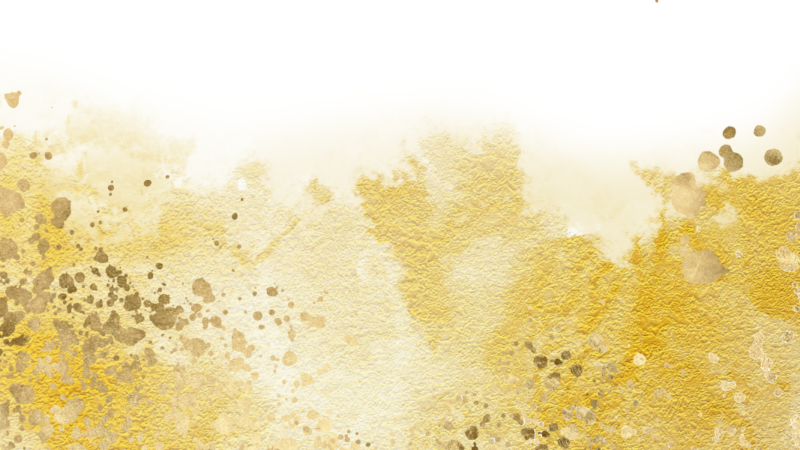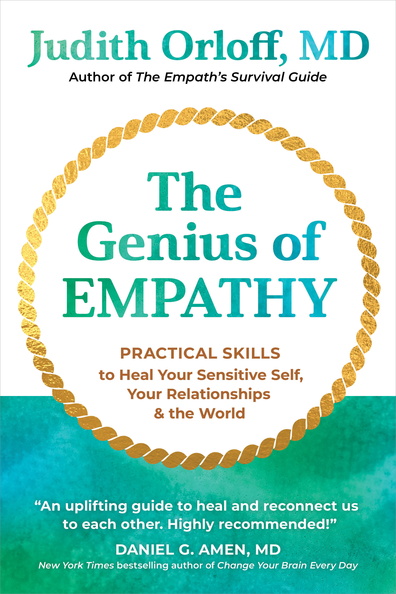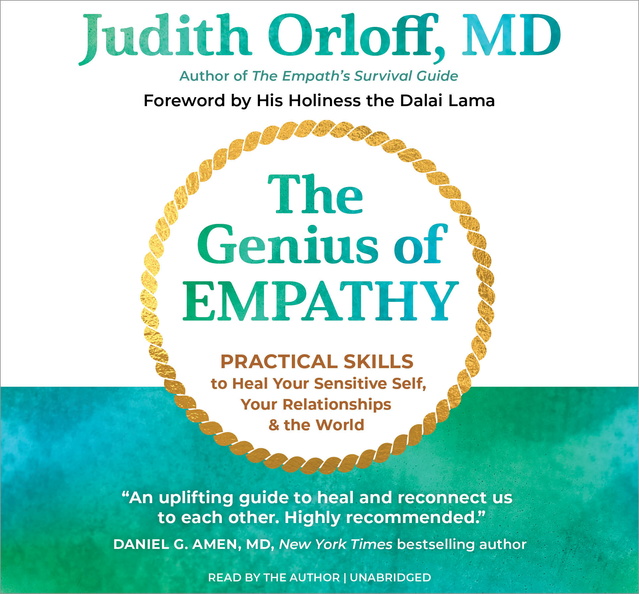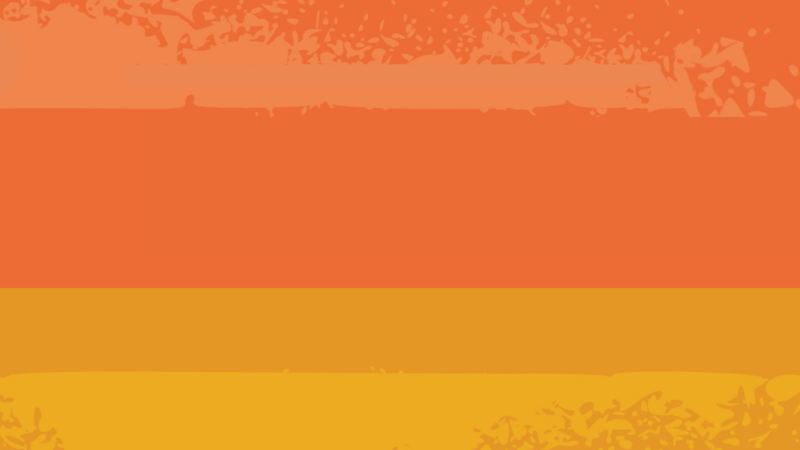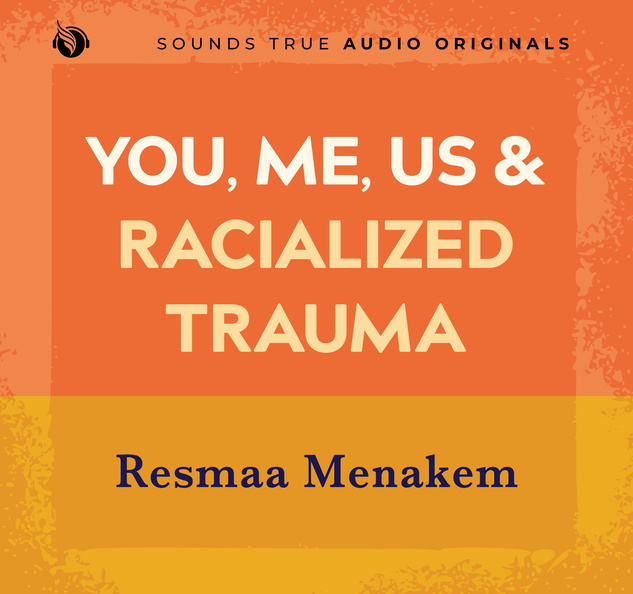Priya Parker is an author, strategist, and the founder of Thrive Labs, a company devoted to helping organizations from across the business and nonprofit worlds create intentional and transformative gatherings. Earlier this year, Priya released her first book, The Art of Gathering: How We Meet and Why It Matters. In this episode of Insights at the Edge, Tami Simon speaks with Priya about how we can forge stronger connections and more meaningful experiences through gatherings—whether it’s a birthday party, formal dinner, or impromptu celebration in the park. They discuss America’s current “epidemic of loneliness,” how it is contributing the rise in hate crimes, and what we can do to alleviate it. Tami and Priya talk about the benefits of hosting gatherings with a predetermined purpose, as well as the rejuvenating effects of open, vulnerable conversation. Finally, Priya shares ideas for holding gatherings that are not only memorable, but have deep effects on their participants’ lives afterward. (64 minutes)
Tami’s Takeaway: It takes courage to turn a family, workplace, or social gathering into a transformational experience. You have to be willing to take a risk—the risk of stating your desire for more meaningful connection, the risk of vulnerably sharing from your heart, the risk that some people might feel uncomfortable or “put on the spot.” But meaningful connection and meaningful dialogue is worth the risk! Here Priya shares how to create meaningful gatherings that leave us feeling fulfilled instead of empty, as well as how creating such gatherings is the work of what I would call “an everyday leader”—the type of leader we all can be.


